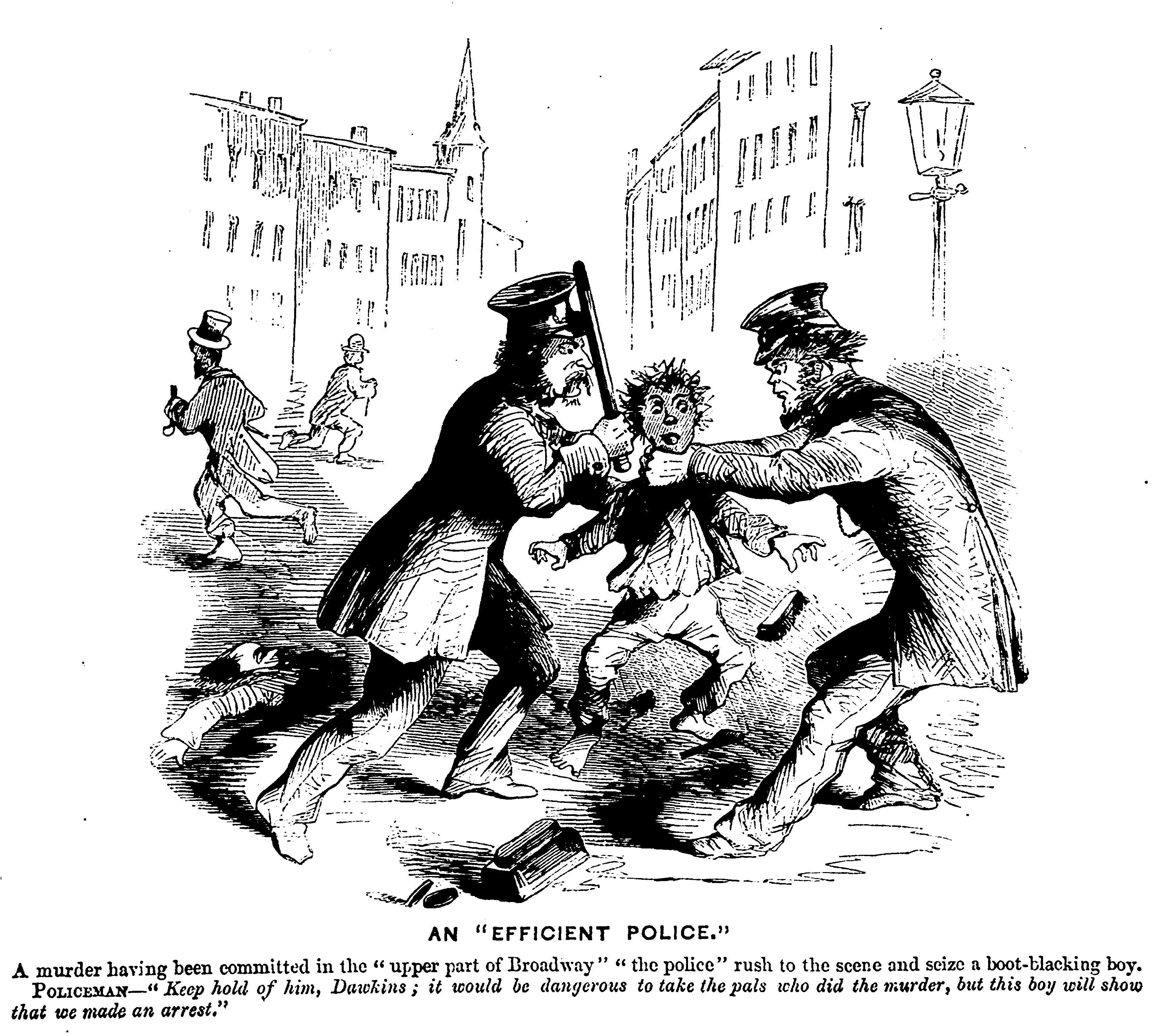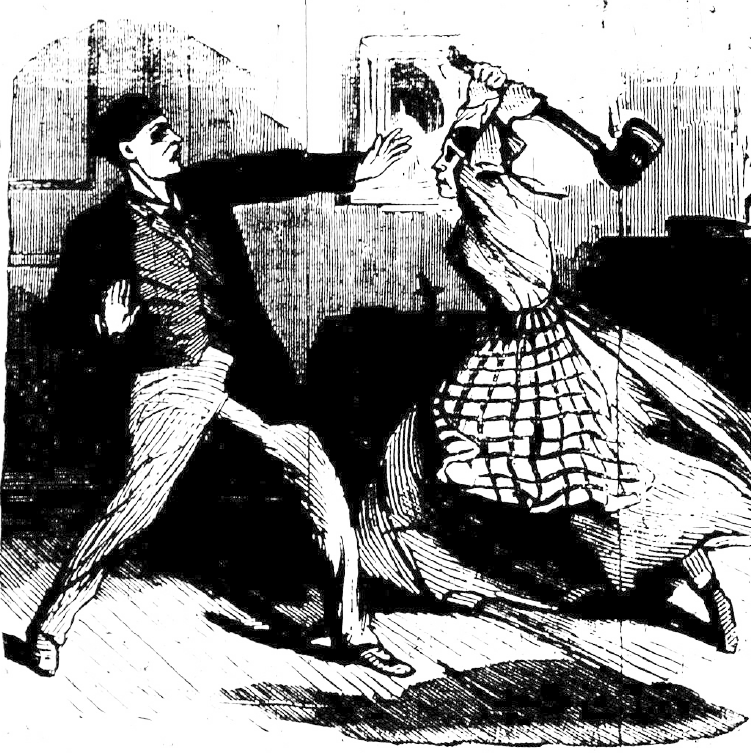

alias: ALLEN, DOCTOR LONG, POP WHitE
HOTEL THIEF, CONFIDENCE MAN
Soapy Smith STAR NotebookPage 19 - Original copy1884Courtesy of Geri Murphy(Click image to enlarge)
oapy Smith begins an empire in Denver.Operating the prize package soap sell racket in 1884.This is page 19, the continuation of page 18, and dated April 14 - May 5, 1884, the continuation of deciphering Soapy Smith's "star" notebook from the Geri Murphy's collection. A complete introduction to
More...
Soapy Smith's Soap Box - 4/3/2025
Included in yesterday’s trip to Fall River was a stop at Miss Lizzie’s Coffee shop and a visit to the cellar to see the scene of the tragic demise of the second Mrs. Lawdwick Borden and two of the three little children in 1848. I have been writing about this sad tale since 2010 and had made a previous trip to the cellar some years ago but was unable to get to the spot where the incident occured to get a clear photograph. The tale of Eliza Borden is a very sad, but not uncommon story of post partum depression with a heartrending end. You feel this as you stand in the dark space behind the chimney where Eliza ended her life with a straight razor after dropping 6 month old Holder and his 3 year old sister Eliza Ann into the cellar cistern. Over the years I have found other similar cases, often involving wells and cisterns, and drownings of children followed by suicides of the mothers. These photos show the chimney, cistern pipe, back wall, dirt and brick floor, original floorboards forming the cellar ceiling and what appears to be an original door. To be in the place where this happened is a sobering experience. My thanks to Joe Pereira for allowing us to see and record the place where this sad occurrence unfolded in 1848. R.I.P. Holder, Eliza and Eliza Ann Borden. Visit our Articles section above for more on this story. The coffee shop has won its suit to retain its name and has plans to expand into the shop next door and extend its menu in the near future.
More...
Lizzie Borden: Warps and Wefts - 2/12/2024
Via Newspapers.comIntroduce me to a ghostly hamster who looks out for her favorite sports team, and you have pretty much made my day. The “Reading Evening Post,” May 3, 1996:Forget Uri Geller, Reading Football Club were saved from relegation by a dead hamster buried in the goal mouth. Royals fan Vicky Lowe is convinced the spirit of her heroic pet played a part in Reading's 3-0
More...
Strange Company - 4/2/2025
Youth With Executioner by Nuremberg native Albrecht Dürer … although it’s dated to 1493, which was during a period of several years when Dürer worked abroad. November 13 [1617]. Burnt alive here a miller of Manberna, who however was lately … Continue reading
More...
Executed Today - 11/13/2020
National Police Gazette, June 1, 1889.On May 12, 1889, the janitor of the Clifton Boat Club on Staten Island found the body of a young woman floating in the water. Though badly decomposed, Dr. S.A. Robinson identified her as Mary Tobin, who had recently resigned from her job in his office. Mary Tobin’s life was clouded with mysteries and contradictions. She had come to Staten Island from
More...
Murder By Gaslight - 3/29/2025
There’s a stone fortress with a battlement-like central tower and a double staircase entrance at the corner of Riverside Drive and 140th Street. As striking as this fortified castle is when you encounter it from the sidewalk, viewing it from the West Side Highway helps you truly absorb its out-of-place Medieval feel. Five stories high […]
More...
Ephemeral New York - 3/31/2025
[Editor’s note: Guest writer, Peter Dickson, lives in West Sussex, England and has been working with microfilm copies of The Duncan Campbell Papers from the State Library of NSW, Sydney, Australia. The following are some of his analyses of what he has discovered from reading these papers. Dickson has contributed many transcriptions to the Jamaica […]
More...















